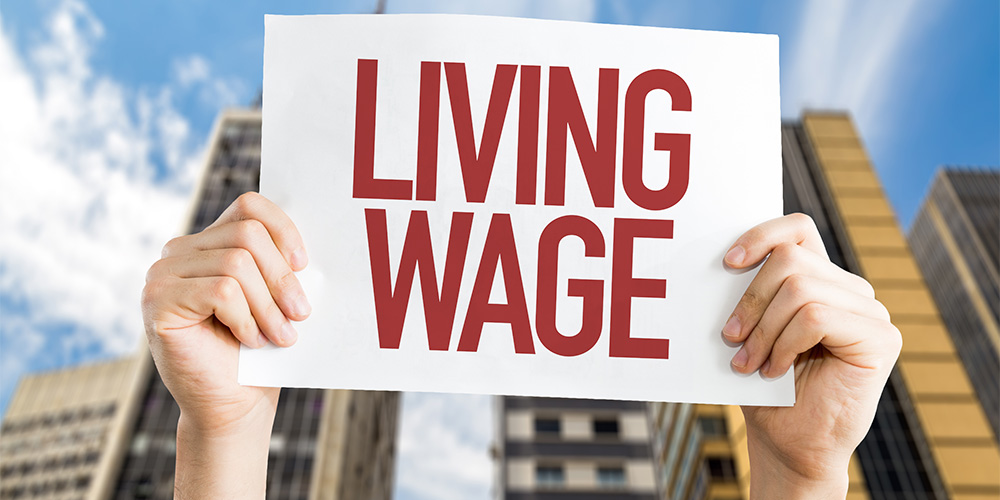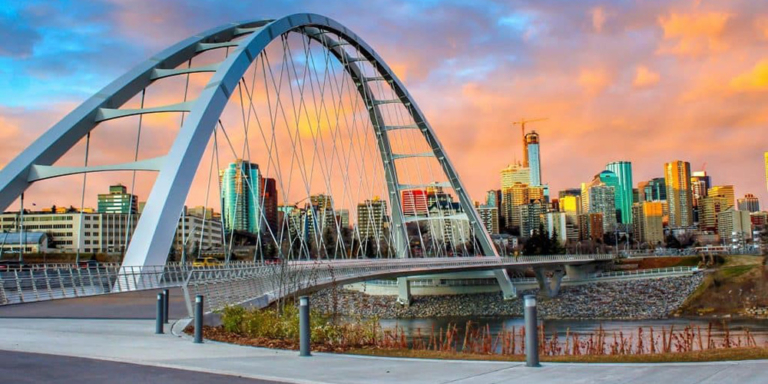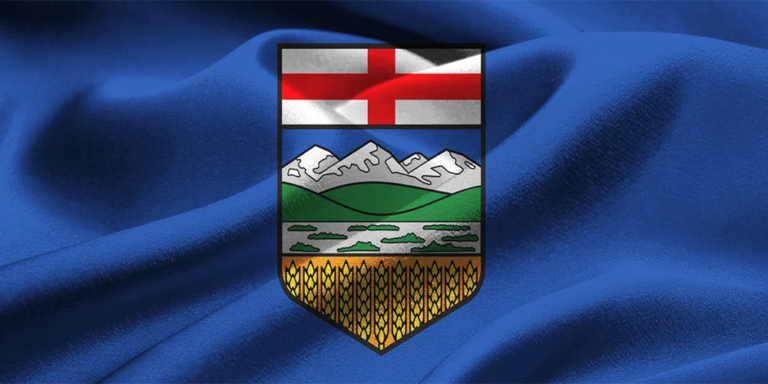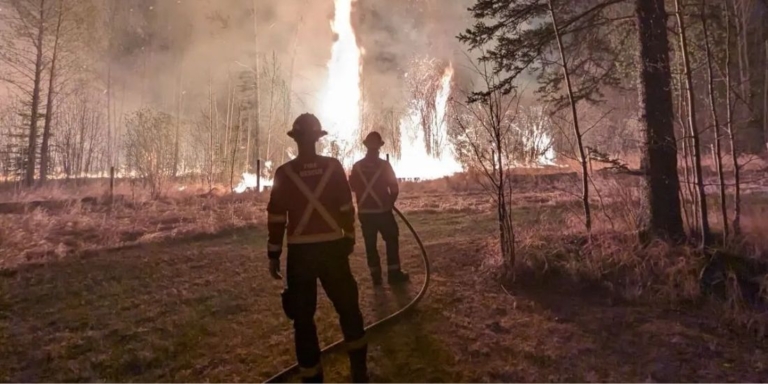Alberta used to have the highest minimum wage in Canada, but not anymore.
In 2018, under the NDP, Alberta raised the minimum wage to $15.00 per hour with several objectives: to reduce poverty, decrease reliance on social support programs, enhance the quality of life for workers, and boost employee satisfaction.
With that raise, Alberta had the highest minimum wage in Canada.

We love being number one!
Fast forward to today, Alberta workers have the second lowest minimum wage after Saskatchewan, which takes honours as the stingiest province in Canada with a minimum wage of $14/hour.
So what happened?
Now more than ever, Albertans require an increase in their earning power, particularly as rising costs for food, housing, and utilities consume a significant portion of our paychecks.
Alberta’s inflation rate hit 4.2 percent in February, which is one and a half times the national average of 2.8 percent.
Trevor Tombe, an economist with the University of Calgary, says several factors account for the gap between the provincial and national inflation rates–including increased rental fees, higher natural gas prices and Alberta’s higher provincial electricity rates.
Yet, Danielle Smith’s government has no plans to help ease the pain of inflation for those on the lower end of the pay scale.
Alberta and BC are Canada’s two wealthiest provinces.
BC will raise its minimum wage in June from $16.75 to $17.40/hour, but our government has no plans to change the aging Alberta minimum wage.
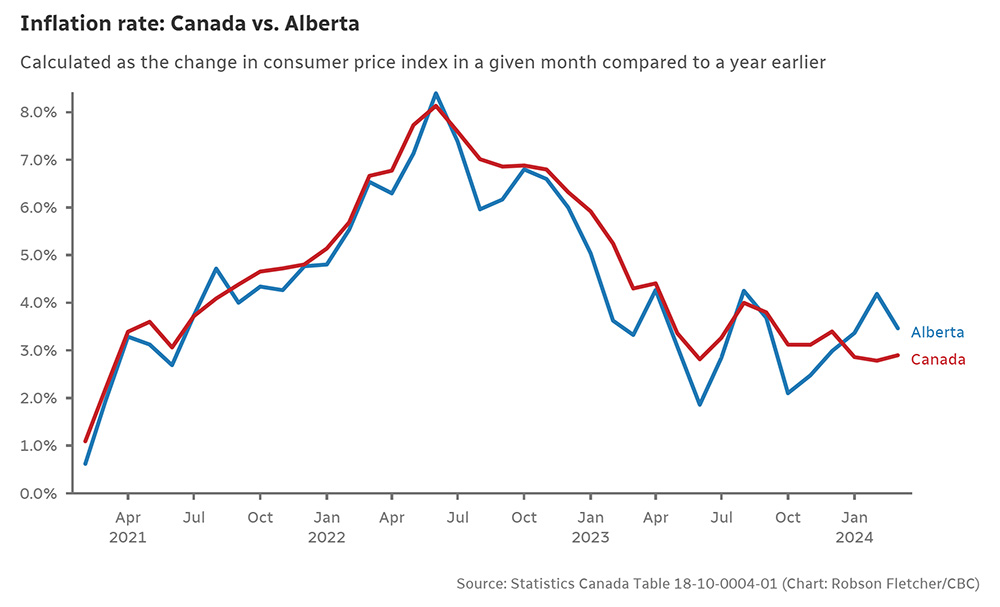

Is Minimum Enough?
According to the Alberta Living Wage Network’s (ALWN) 2023 report, Alberta’s $15/hour minimum wage falls far short of the $23.70/hour that’s considered a living wage in Calgary.
The ALWN defines a living wage “as the hourly wage a worker needs to earn to cover their basic expenses and have a modest standard of living once government transfers have been added and taxes have been subtracted.”
Last year,126,000 Albertans were making just a minimum wage. That’s about five percent of the workforce.
The province’s most recent wage survey showed that in 2020, over four in ten minimum-wage earners had children.
Imagine trying to pay rent and put food on the family table at $15/hour.
“Every year that we don’t raise the minimum wage, the situation is getting more dire for people who are on that number,” said Meaghon Reid, Executive Director of Vibrant Communities Calgary, in a Globe and Mail story.
Reid added, “We know that because people who are making minimum wage aren’t able to make ends meet, they’re having to make trade-offs in terms of things like medication and food particularly. That’s what we’re hearing the most.”
Anand Unnithan, a 23-year-old Southern Alberta Institute of Technology student, told the Globe and Mail that he works two part-time minimum-wage jobs to help his family pay bills.
“The government should look into increasing the minimum wage, definitely,” said Unnithan.
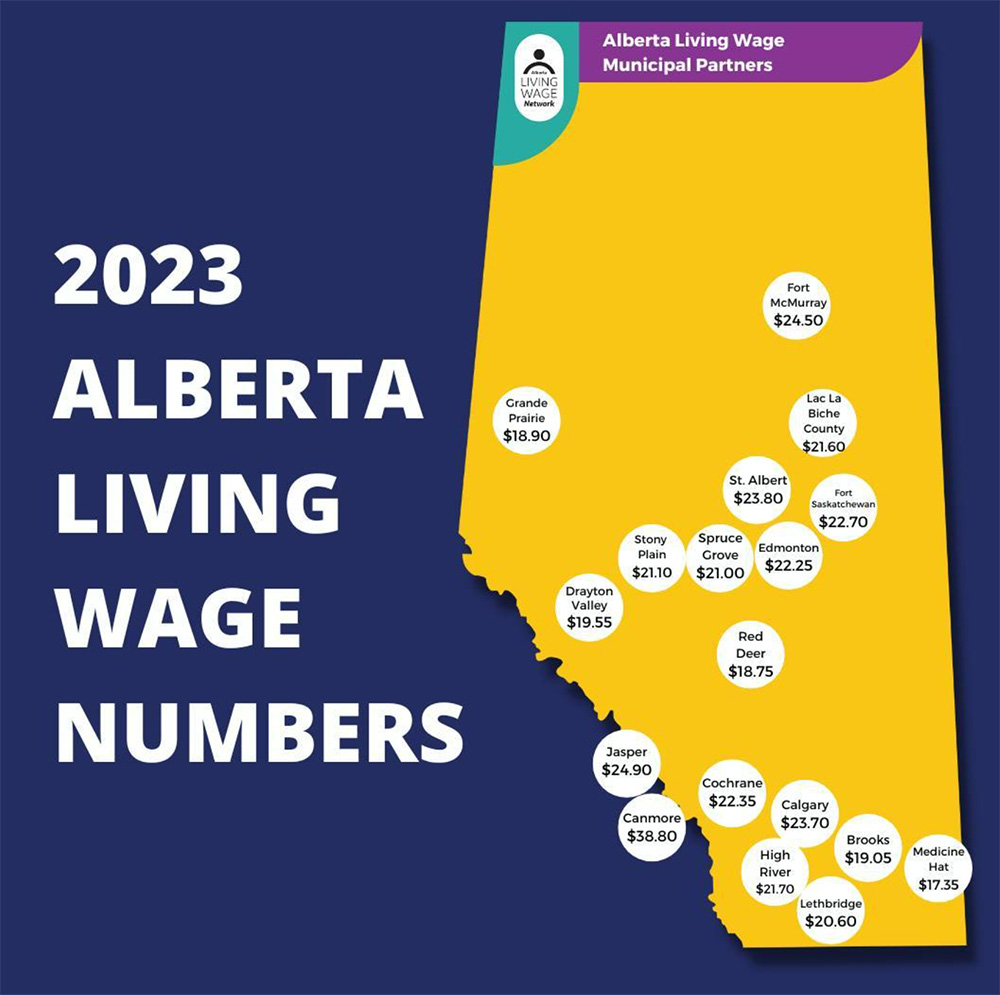

The Cost of Living in Alberta
Living wages in Edmonton and Fort McMurray are $22.25 and $24.50, respectively.
In Canmore, people must earn $38.80/hour to make ends meet, more than twice the province’s minimum wage.
The monthly cost of living in Canmore is $3,652/month for a single person who rents.
“Despite increasing costs on just about everything – particularly shelter – we did see some things that put downward pressure on the living wages. Government affordability measures and the Canada Dental Benefit have helped families,” said Ryan Lacanilao, Alberta Living Wage Network Coordinator.
He added, ”What’s missing in Alberta is any real action on increasing minimum wage despite every single other province making increases.”
As one of Canada’s richest provinces, Alberta can surely afford to boost the minimum wage for its residents, especially since 95% of the workforce is already working at higher rates.


A Change Soon? Nope!


When explaining why it is not raising the minimum wage, Smith’s government relies on old arguments long proven wrong by research–an increase in workers’ wages will mean an increase in inflation and a potential loss of employment when businesses can no longer afford to pay workers.
According to a statement from Alberta‘s Minister of Jobs, Economy, and Trade, Matt Jones, “We also recognize the significant impacts of potential changes to the minimum wage, including to workers, small businesses and costs which are ultimately flowed through to all Albertans.”
The province may believe that increasing the minimum wage could lead to higher prices and negatively affect the economy, but historical data suggests otherwise.
Most research suggests that raising the minimum wage to match inflation has little effect on inflation and unemployment.
Moreover, many studies show that a higher minimum wage benefits workers and can even have positive effects on the economy as workers have more discretionary income.
People Being Left Behind
President of Alberta’s Treasury Board and Minister of Finance Nate Horner said in a press release, “The Conference Board of Canada found most working Albertans received a salary increase between 2 and 3 percent in 2023 and 2024.” Yet the province has no plans to boost the minimum wage even modestly.
Given a wage increase of 2% per year for six years, Albertans should get a 12% bump in minimum wage if our poorest workers are to keep up with inflation.
According to our math, we suggest at least $16.80/hour as the new minimum wage.
But that won’t happen.
Our current government is more interested in spending taxpayers’ money on frivolous national ad campaigns and fights with Ottawa to ‘stay-out-of-my backyard.”
Struggling Albertans just don’t seem to matter.
